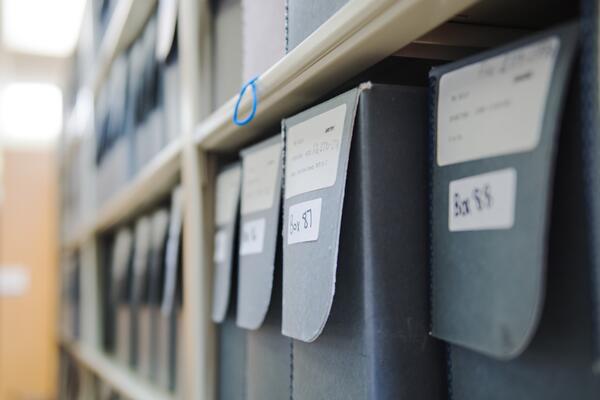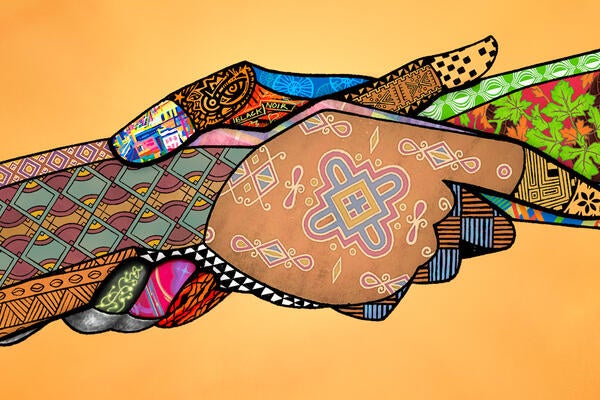
Waterloo students ring in Chinese New Year on campus
Students get a taste of traditional music, dance and drama on February 10th

Students get a taste of traditional music, dance and drama on February 10th
By Joe Petrik Communications and Public AffairsIt’s been weeks since many popped a champagne cork, but for more than 3,000 University of Waterloo students from China, the new year is just about to begin.
 The most important cultural event for the University of Waterloo Chinese Students and Scholars Association (UWCSSA) will take place on campus on February 10th. The 2013 Spring Festival will give students a chance to gather with friends to celebrate the Year of the Snake.
The most important cultural event for the University of Waterloo Chinese Students and Scholars Association (UWCSSA) will take place on campus on February 10th. The 2013 Spring Festival will give students a chance to gather with friends to celebrate the Year of the Snake.
“Many Chinese students have come here to study, but their families are not with them,” says Fan Gao, UWCSSA president. The festival is a “great opportunity for students to celebrate Chinese New Year with their friends through traditional music, drama, dance and culture.”
Globally, more than a billion people will usher in the new year with a week of festivities, feasts and firecrackers.
The February 10 event on campus starts at 7:30 p.m. at the Humanities Theatre in Hagey Hall. Tickets are $10 and can be purchased at the door. For more information link to UWCSSA.

Read more
Upside Robotics secures new funding to accelerate the future of sustainable farming

Read more
Discover the meticulous work that uncovered Black stories on campus and preserved them for the future

Read more
A message from the President and Vice-Chancellor
The University of Waterloo acknowledges that much of our work takes place on the traditional territory of the Neutral, Anishinaabeg, and Haudenosaunee peoples. Our main campus is situated on the Haldimand Tract, the land granted to the Six Nations that includes six miles on each side of the Grand River. Our active work toward reconciliation takes place across our campuses through research, learning, teaching, and community building, and is co-ordinated within the Office of Indigenous Relations.